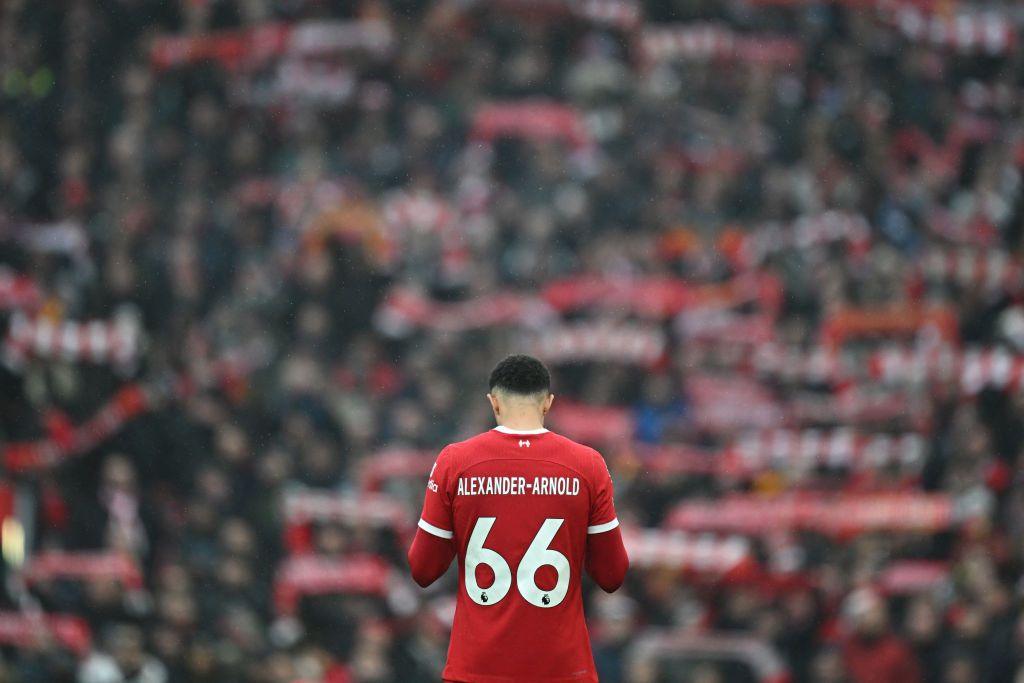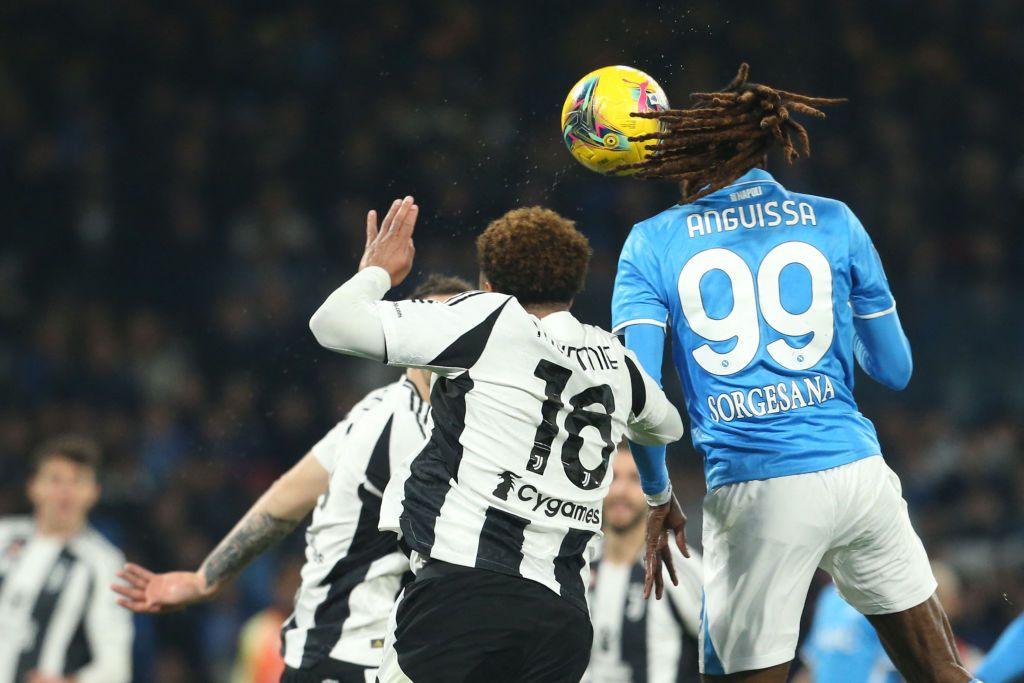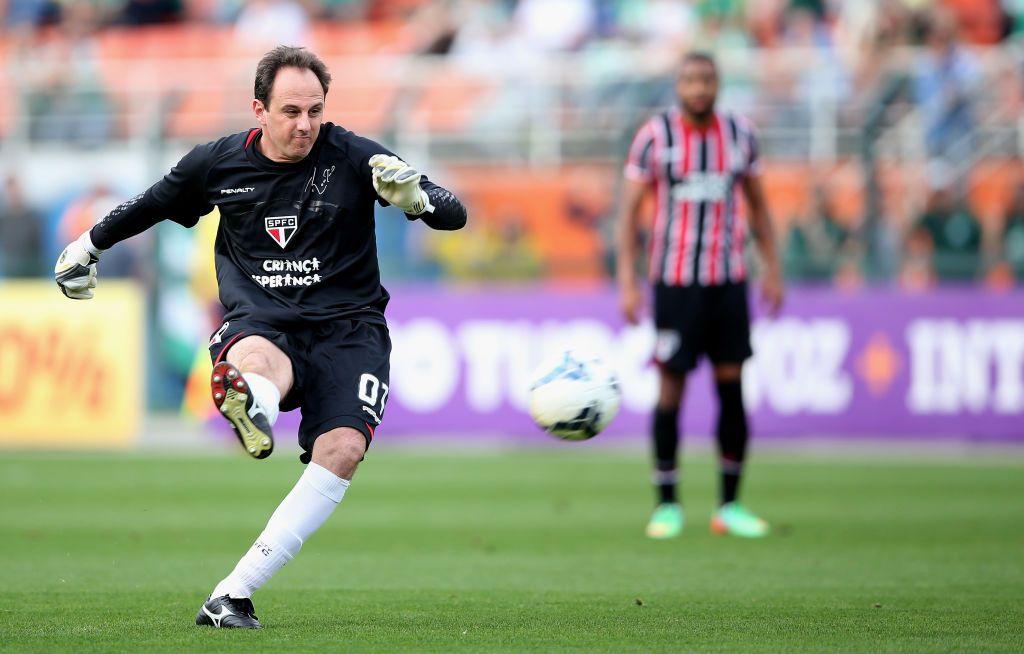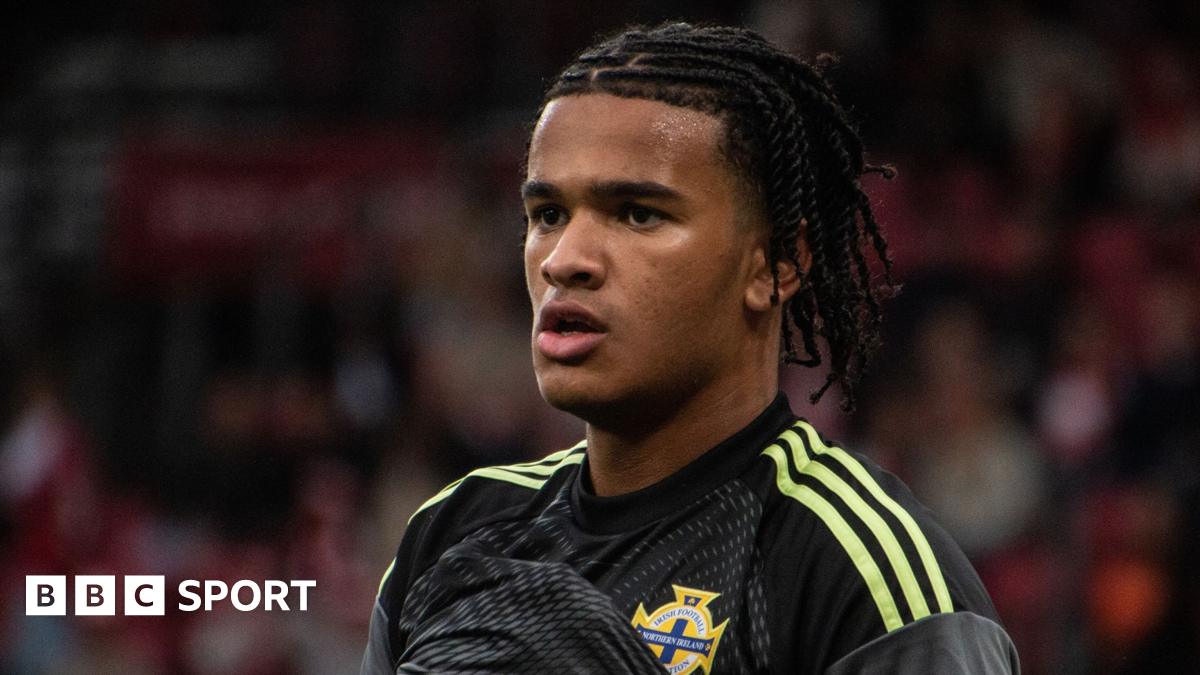ARTICLE AD BOX
Daniel Austin
BBC Sport senior journalist
Trent Alexander-Arnold wore the number 66 at Liverpool, but La Liga rules prevent him from doing so at Real Madrid.
Spanish top-flight clubs must name a 25-man 'A' squad at the start of each season, and every player included is obliged to wear a number from 1-25, with goalkeepers allocated the numbers one, 13, and 25.
Youth players not included in the initial 'A' squad can wear higher numbers.
At the time of Alexander-Arnold's signing, the only outfield numbers available between one and 25 were 12 and 18, and the England international opted for the former.
Real's number 12 was previously worn by France midfielder Eduardo Camavinga, but he switched to number six a year ago after the departure of Nacho Fernandez.
Prior to that, it was worn for 16 years by Brazilian left-back Marcelo, who won 25 major trophies during his time with the club.
Former Bolton defender Ivan Campo also wore that number during his four-year stint at the Bernabeu.
Why did Alexander-Arnold wear 66 at Liverpool?
Alexander-Arnold wore the number 66 shirt on his Liverpool debut - against Tottenham in the EFL Cup in October 2016 - and never switched.
The full-back had no personal connection to the number - it was simply allocated to him as a youngster.
But even when he overtook Nathaniel Clyne to become the Reds' first-choice right-back, he opted to stick with 66.
 Image source, Getty Images
Image source, Getty Images
Alexander-Arnold played 354 times for Liverpool wearing the number 66 shirt
Liverpool kit co-ordinator Lee Radcliffe told the club's website: "When we get any young lads that come down from the academy, we always deliberately try to give them a high-ish number. We don't like to give them a low number in case they think they've made it straight away.
"When you see him now lifting trophies and celebrating with No 66 on the back, it's a weird feeling and I can't really describe it. It's weird to see such a high number and for someone to be happy with it!
"Obviously Trent's got quite attached to the number."
Alexander-Arnold is not the only current England player to have a high squad number early in their career and persist with it.
Both Declan Rice (41) and Phil Foden (47) have maintained the shirt numbers with which they made their professional debuts.
Why won't Alexander-Arnold use his surname on his Real Madrid shirt?
Real have also revealed Alexander-Arnold will wear the name 'Trent' on the back of his shirt.
Using a first name rather than a surname on the back of a shirt is not uncommon. Players including Alexander-Arnold's former team-mates Virgil van Dijk and Darwin Nunez use their first name, as have others including Dele Alli, Sergio Busquets, Memphis Depay, James Rodriguez, Alexis Sanchez and Jobe Bellingham.
Alexander-Arnold has not explained the reasoning between dropping his surname, but has also altered his Instagram handle to just his first name, indicating the decision is about his wider personal brand.
Use of a mononym - particularly one which is fairly unique - is often seen as a strength in branding and merchandising as it stands out and is easier to remember.
Mononyms are often used as part of a branding strategy by talent agencies who manage singers, actors, and other high-profile public figures.
Do other big European leagues restrict squad numbers?
La Liga is not alone among Europe's top five leagues in restricting the squad numbers players can choose from.
The Bundesliga requires first-team players to wear numbers from 1-40. If a team uses more than 40 players in a season, squad numbers should be assigned consecutively from that point onwards.
The Premier League, Ligue 1, and Serie A don't have restrictions beyond allowing players to choose from 1-99.
Before 2022, Ligue 1 did also have a restriction - mandating that players use numbers 1-30.
Serie A has also relaxed more stringent rules, though one it has maintained is a ban on the number 88, which is sometimes used in Italy to demonstrate support for fascism.
High squad numbers are much more common in Serie A than the other top five European leagues - in the 2024-25 season, every club aside from Juventus had at least one first-team player using number 80 or higher, and eight clubs had a player wearing number 99.
 Image source, Getty Images
Image source, Getty Images
Cameroon midfielder Frank Anguissa, formerly of Fulham, now wears the number 99 for Serie A champions Napoli
What about other unusual shirt numbers?
When Brazilian goalkeeper Rogerio Ceni - a prolific scorer of free-kicks and penalties - broke the appearance record at Sao Paulo in 2005, he wore a commemorative shirt bearing the number 618 to mark his tally in an official match against Atletico Mineiro.
In 2010, an administrative quirk meant Australia midfielder Tommy Oar became the first player to wear a three-digit number in an official international fixture. The former Utrecht player made his international debut wearing number 121.
Moroccan striker Hicham Zerouali was allowed to wear the number 0 at Aberdeen in 2000 after fans nicknamed him 'Zero' - but the number was banned for the following season.
Though the number one shirt is traditionally worn by goalkeepers, some outfield players have worn it, including the Netherlands' Ruud Geels at the 1974 World Cup, Ossie Ardiles for Argentina at the 1978 edition, and former Juventus and Barcelona midfielder Edgar Davids during his 15-month spell as player-manager of Barnet.
 Image source, Getty Images
Image source, Getty Images
Rogerio Ceni scored 129 goals in 1209 matches across a 25-year career, despite being a goalkeeper
What is Ask Me Anything?
This article is the latest from BBC Sport's Ask Me Anything team. Ask Me Anything is a service dedicated to answering your questions. This question was submitted by Mark in Stoke-on-Trent. Thanks, Mark!
We want to reward your time by telling you things you do not know and reminding you of things you do.
The team explores everything you need to know and calls upon a network of contacts including our experts and pundits.
We answer your questions from the heart of the BBC Sport newsroom, and go behind the scenes at some of the world's biggest sporting events.
Our coverage spans the BBC Sport website, app, social media and YouTube accounts, plus BBC TV and radio.

 22 hours ago
7
22 hours ago
7








 English (US) ·
English (US) ·